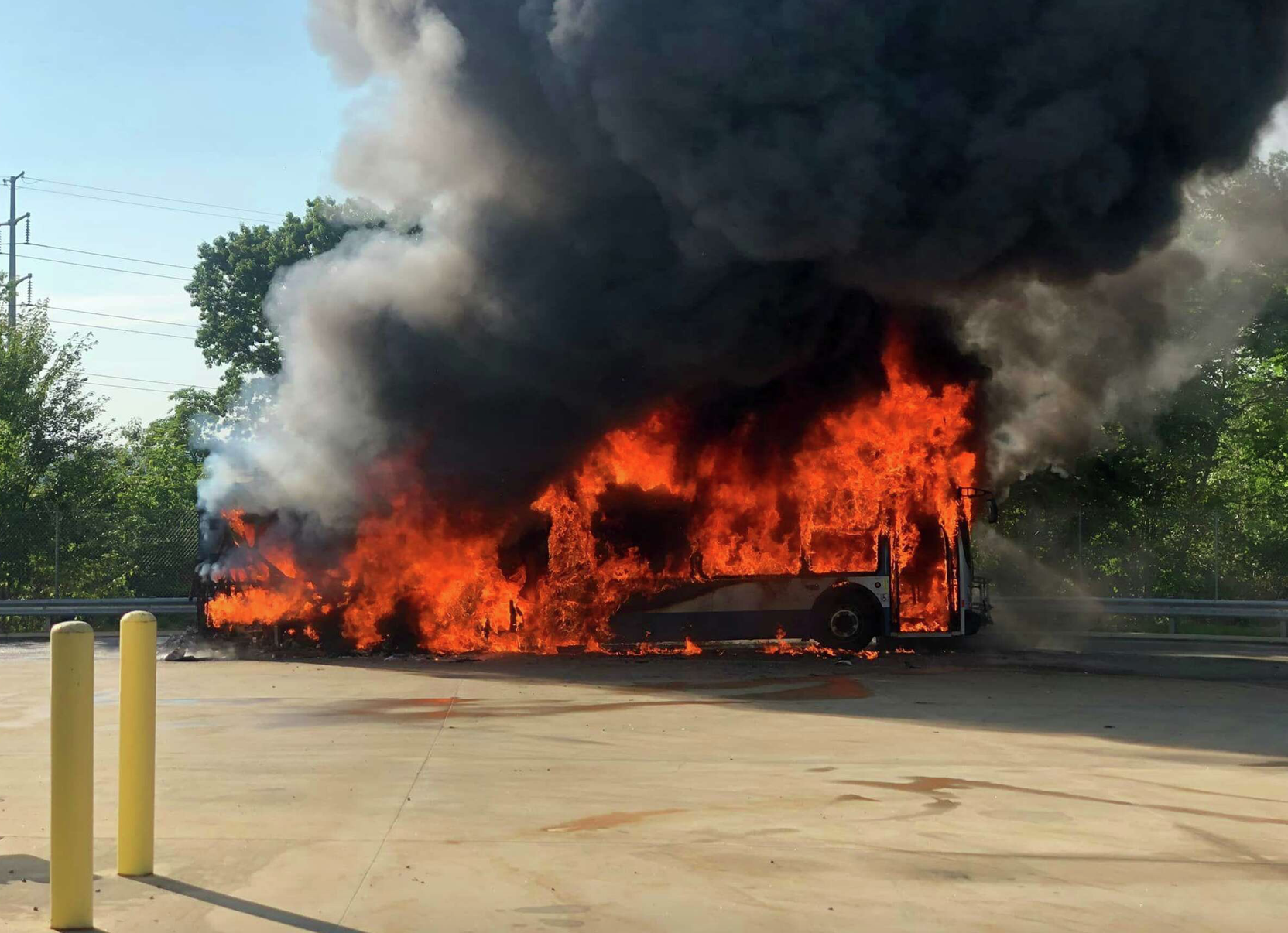Connecticut Steps Up To Save The Planet Francis Menton
https://us7.campaign-archive.com/?e=a9fdc67db9&u=9d011a88d8fe324cae8c084c5&id=9e1b84ac95
Connecticut is a small state, so you may not be paying sufficient attention to its heroic efforts to save the planet. Count on the Manhattan Contrarian to bring you up to date on the latest developments.
On Friday (July 22) Connecticut Governor Ned Lamont signed the just-passed bipartisan Clean Air Act for the state. Lamont and other state officials gathered in New Haven in 90+ degree heat to celebrate the great accomplishment. A State Senator named Will Haskell, who is a member of the legislature’s Transportation Committee, took the occasion to make the main point:
We cannot wait for Washington to step up and save the planet!
But how exactly is Connecticut going to accomplish that? After all, it has a population of only about 3.6 million. Its greenhouse gas emissions are in the range of about 41 MMTCO2e per year, which is well less than 0.1% of total world annual emissions of about 49,000 MMTCO2e. You could zero out Connecticut’s emissions entirely, and it wouldn’t even amount to a rounding error in the world total. Indeed, the increase that occurs each year in China’s CO2 emissions is a multiple of Connecticut’s total emissions. (According to Our World in Data here, from 2019 to 2020, latest years given, China’s CO2 emissions went from 10.49 to 10.67 billion tons, a one-year increase of about 180 million tons, or well more than four times the total annual emissions of Connecticut.)
But our heroes in Connecticut are not going to let such mere statistics discourage them. They have a plan. And the plan, included as the central feature in the new Clean Air Act, is to electrify the state’s fleet of vehicles, particularly its city buses and school buses. Here is state Transportation Commissioner Joe Giuletti speaking at the July 22 event, quoted in the New Haven Register:
“There are approximately 800 buses that we are responsible for at the DOT that are being replaced with no-emissions electric models. They’re quieter, they emit no emissions and they last longer,” Giulietti said Friday.
Governor Lamont also issued a statement emphasizing that the new law would bring about conversion of all the state buses to electric within a few years:
In addition to the electric state-run buses, public school buses will also shift to electric models, according to the governor’s statement. The Clean Air Act will also prohibit the procurement of diesel-powered buses after 2023, according to the statement.
I particularly enjoyed this statement from Transportation Commissioner Giuletti, this time quoted at the website of television station WTNH:
Department of Transportation Commissioner Joe Giulietti remarked, “it’s so nice to hear a bus that’s behind you that’s not making the noise or emitting any of the air, either the propane or the diesel fumes.”
Note the clear implication that Giuletti has never actually ridden on one of these city buses himself, nor would he ever deign to do that. City buses are for the little people. It’s just that when he gets near one, he wants it to be more suitable to his elite esthetic.
The New Haven Register added that the new electric bus program represents a build-out of a pilot program that began with the delivery of some 12 electric buses in 2020. The Register quotes Connecticut Transportation Department spokesman Josh Morgan:
“The first battery electric buses came into service in the fall of 2020,” Morgan said. “Today, there are 12 electric buses in Connecticut. . . .”
And then, as luck would have it, on the very next day, July 23, one of those 12 electric buses already in Connecticut’s fleet suddenly exploded into flames while sitting in a parking lot in the town of Hamden. Here is a picture of the event, courtesy of the Hamden Fire Department:

It’s really quite something when one of those big lithium-ion batteries suddenly explodes into flames. As usual with these lithium fires, they couldn’t extinguish it with water or anything else, and they just had to let it burn itself out.
“Lithium ion battery fires are difficult to extinguish due to the thermal chemical process that produces great heat and continually reignites,” Hamden fire officials said.
Fortunately, no one was on the bus, and it was out of service on a Saturday morning.
The Connecticut officials reacted to the incident by immediately pulling the entire electric bus fleet from service. The Register quotes CT Transit spokesman Josh Rickman:
“The importance of rider safety is demonstrated by taking these buses out of service and ensuring a thorough investigation is completed prior to any redeployment of the fleet,” Rickman said.
No word as yet as to when, if ever, the electric buses may go back into service. Perhaps Connecticut may have to look around for some other way to save the planet.
Comments are closed.
